Description
CRP (C-Reactive Protein) Test
The CRP Test measures the level of C-reactive protein in your blood — a marker produced by the liver in response to inflammation. Elevated CRP levels can signal an underlying infection, autoimmune disorder, or chronic inflammatory condition.
This test helps monitor the severity of inflammation and the body’s response to treatment.
Why It’s Done
| Health Concern | Purpose of CRP Test |
|---|---|
| Unexplained Fever | Rule out bacterial or viral infections |
| Autoimmune Disorders | Monitor diseases like rheumatoid arthritis |
| Inflammatory Conditions | Detect systemic inflammation |
| Cardiac Risk Assessment | High-sensitivity CRP (hs-CRP) used in heart risk |
| Treatment Monitoring | Check effectiveness of anti-inflammatory therapy |
Result Interpretation
| CRP Level | Possible Interpretation |
|---|---|
| < 1 mg/L | Normal (Low risk of inflammation) |
| 1–3 mg/L | Moderate inflammation or risk |
| > 3 mg/L | High inflammation – Possible infection or disease |
| > 10 mg/L | May indicate severe infection or chronic illness |
Common Symptoms That May Require a CRP Test
-
High-grade or persistent fever
-
Swollen joints or fatigue
-
Chest pain or shortness of breath
-
Autoimmune disease symptoms
-
Post-surgery inflammation monitoring
Why Choose the CRP Test?
-
Early indicator of infections & inflammation
-
Useful in monitoring treatment progress
-
Detects chronic conditions like arthritis, IBD
-
Helps in cardiac risk assessment (with hs-CRP)
-
Affordable and quick turnaround
Good to Know
-
CRP is non-specific — elevated levels need further investigation.
-
May be combined with CBC, ESR, or procalcitonin for better clarity.
-
Not recommended alone for diagnosing a specific disease — always interpret with clinical symptoms.
Notes
-
Reference ranges can slightly vary based on lab standards, age, and altitude.
-
Always interpret values in consultation with a qualified physician.



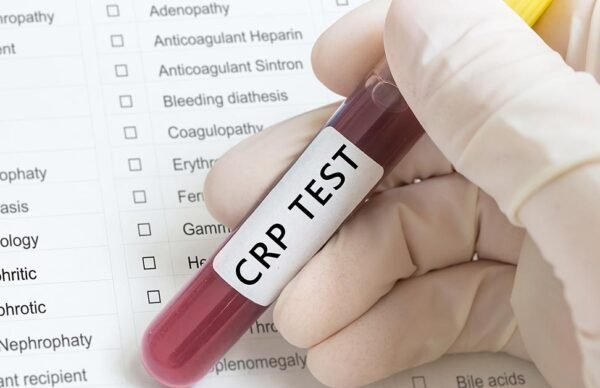

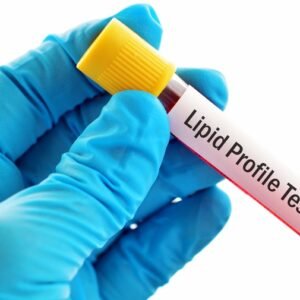
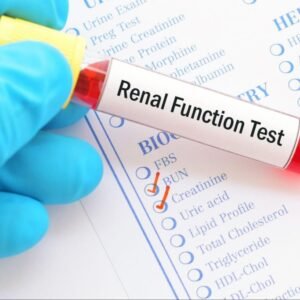

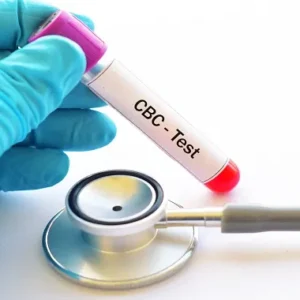
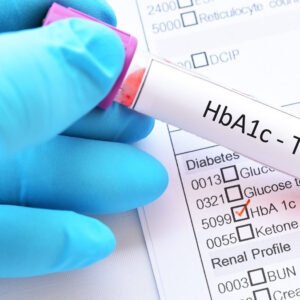 HbA1c (Glycated Hemoglobin Test)
HbA1c (Glycated Hemoglobin Test)
Reviews
There are no reviews yet.